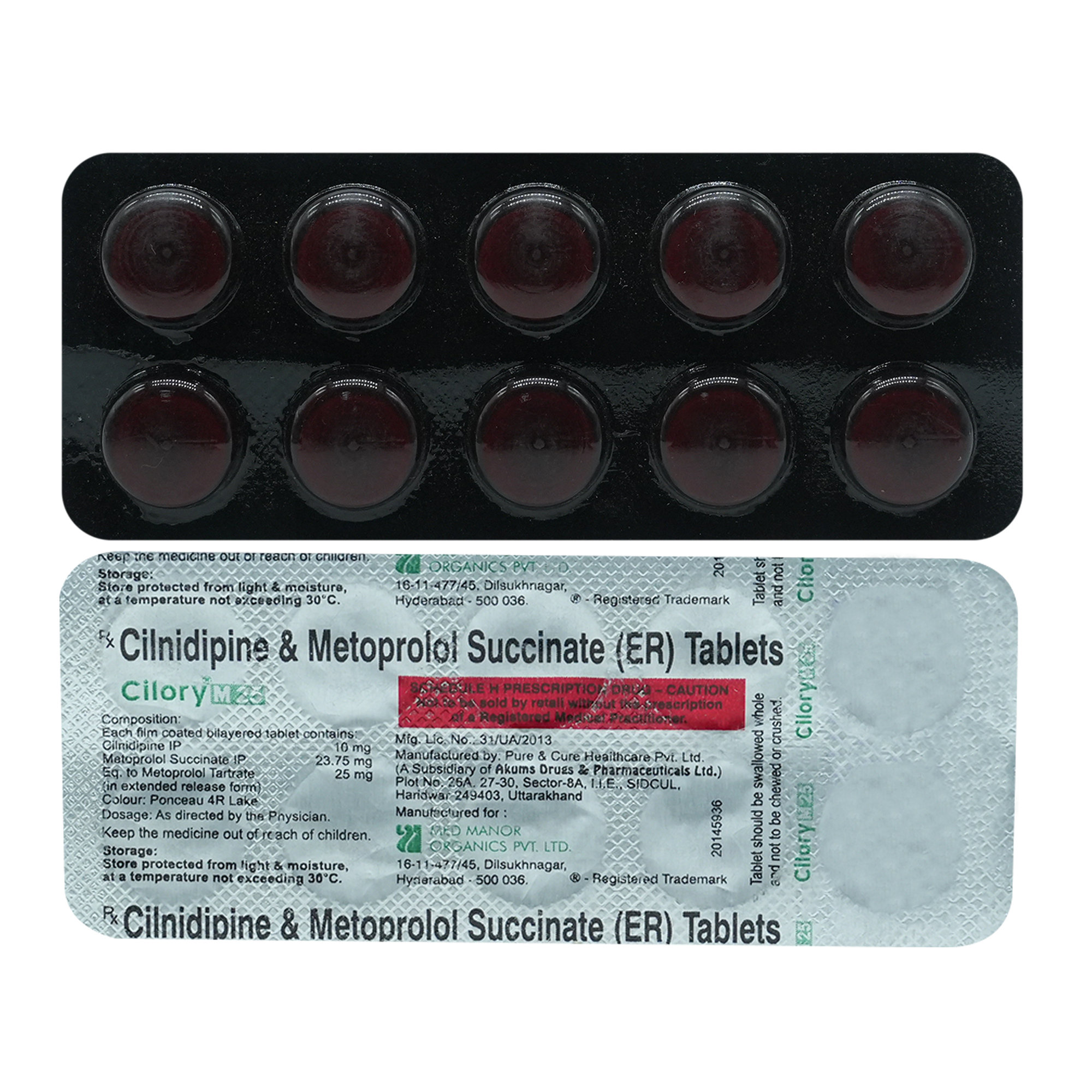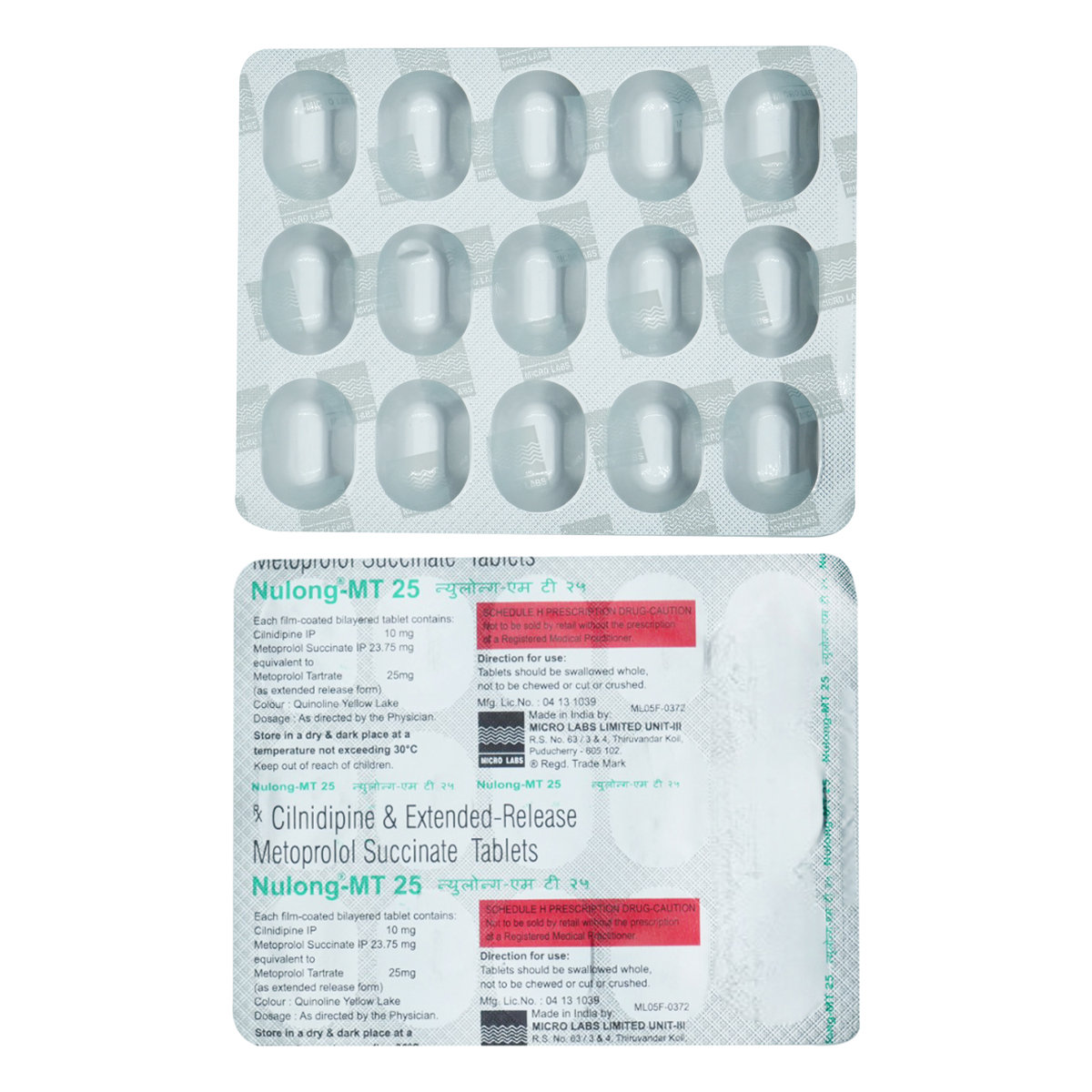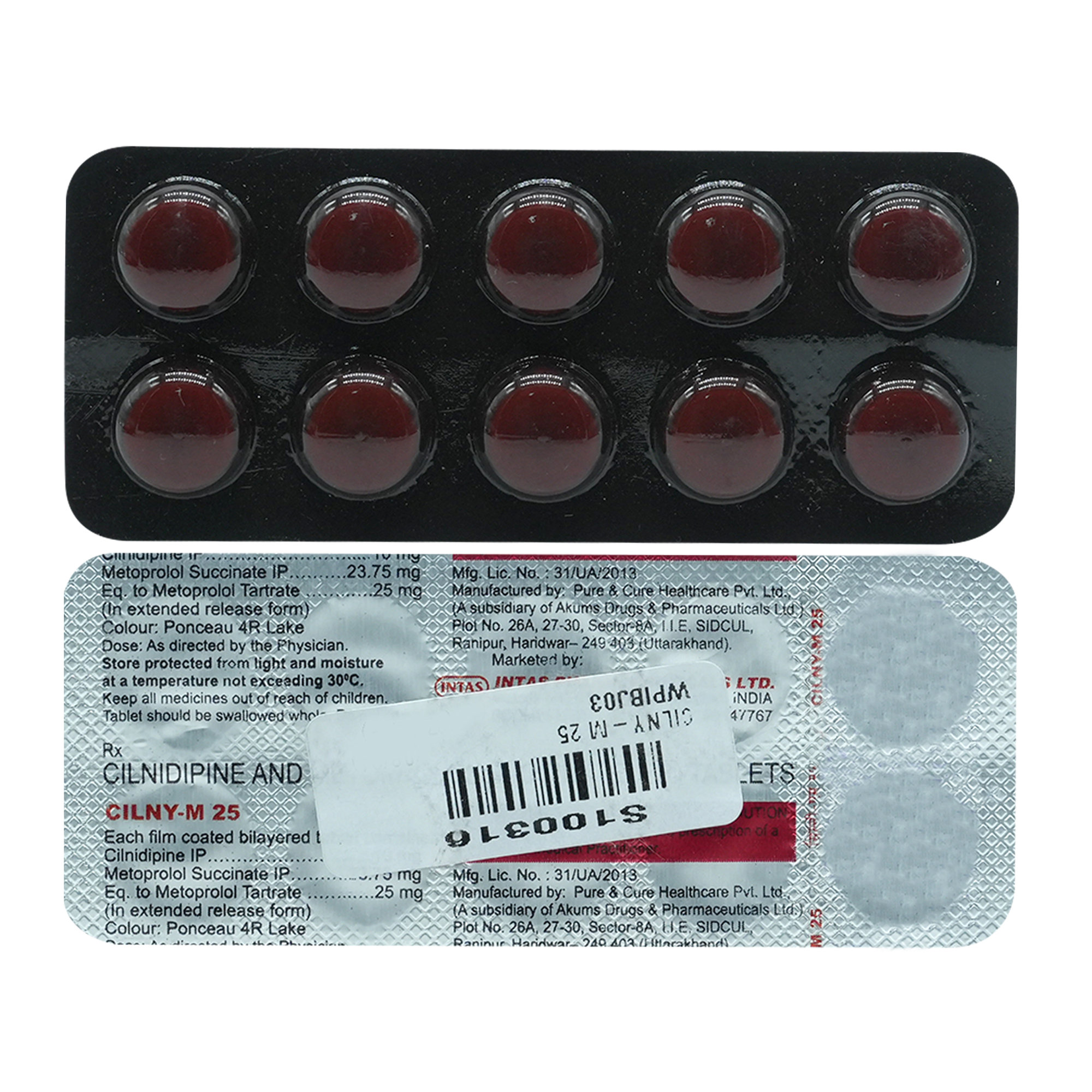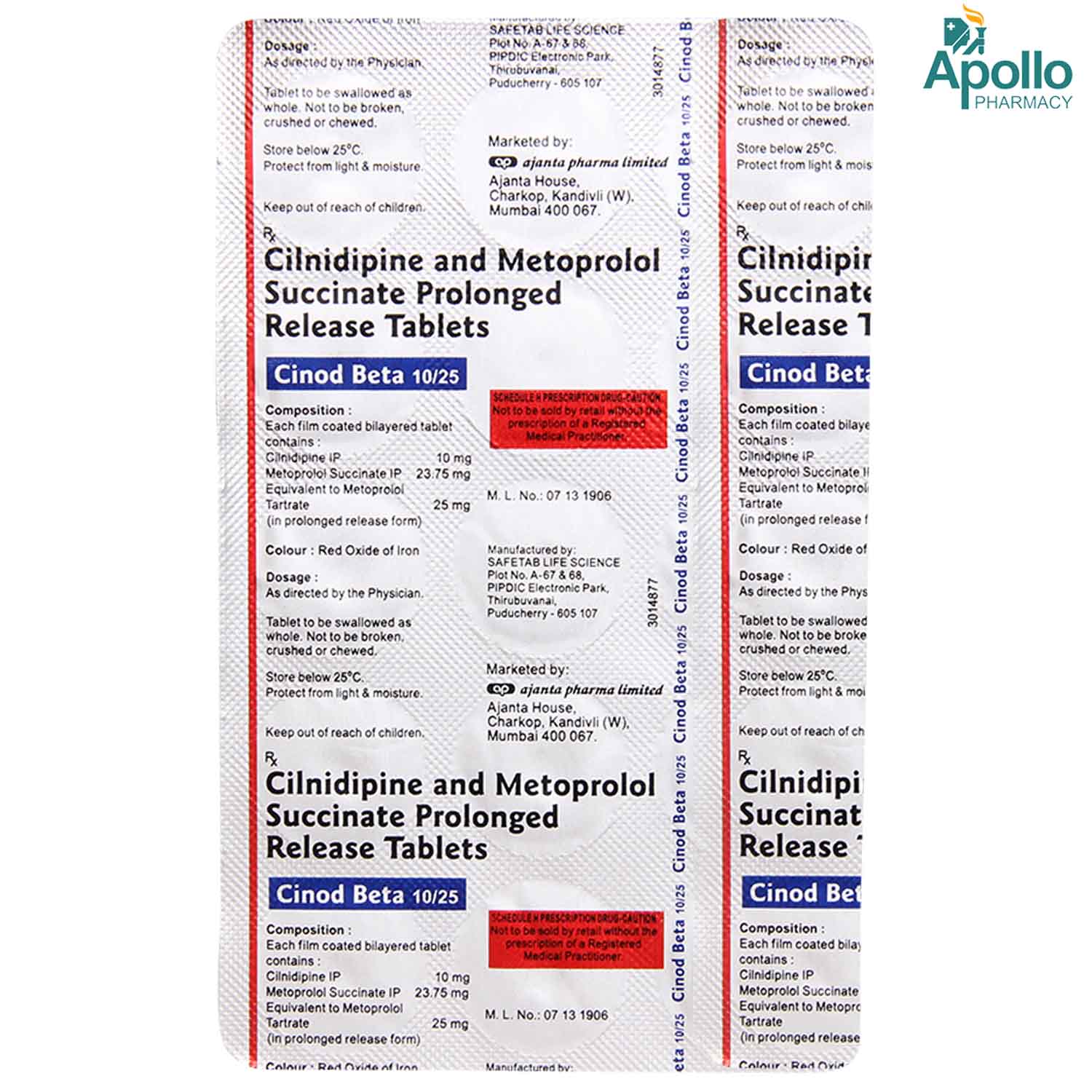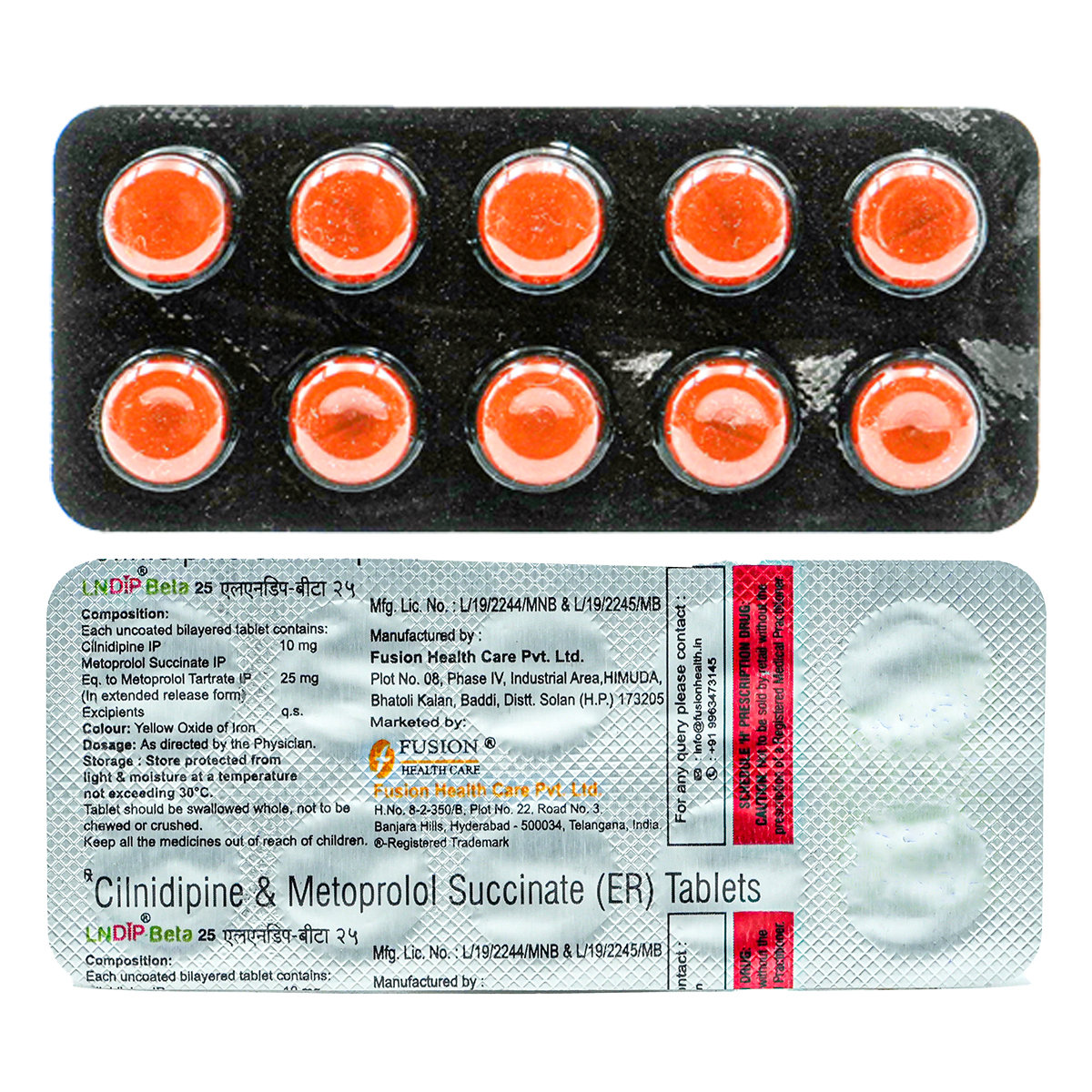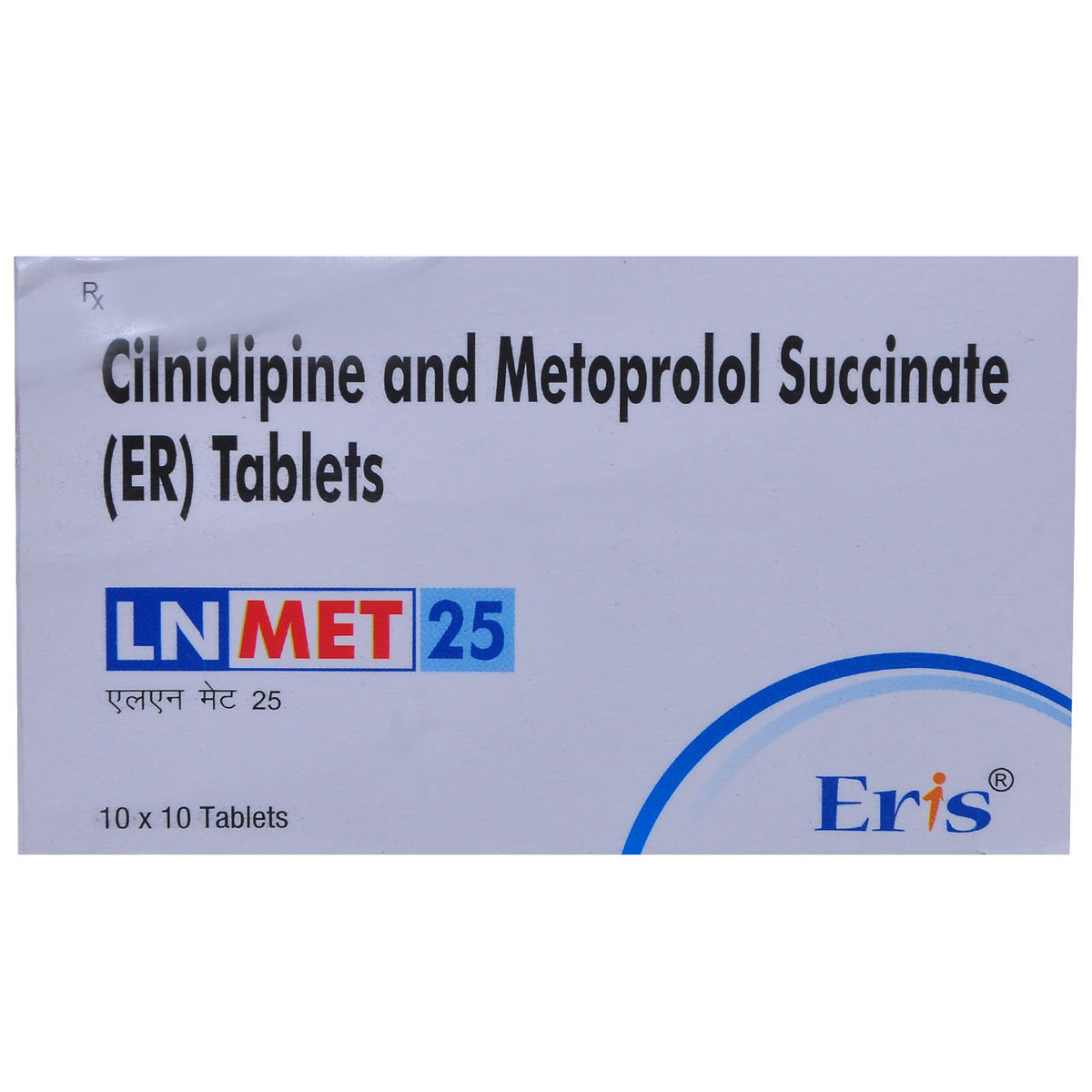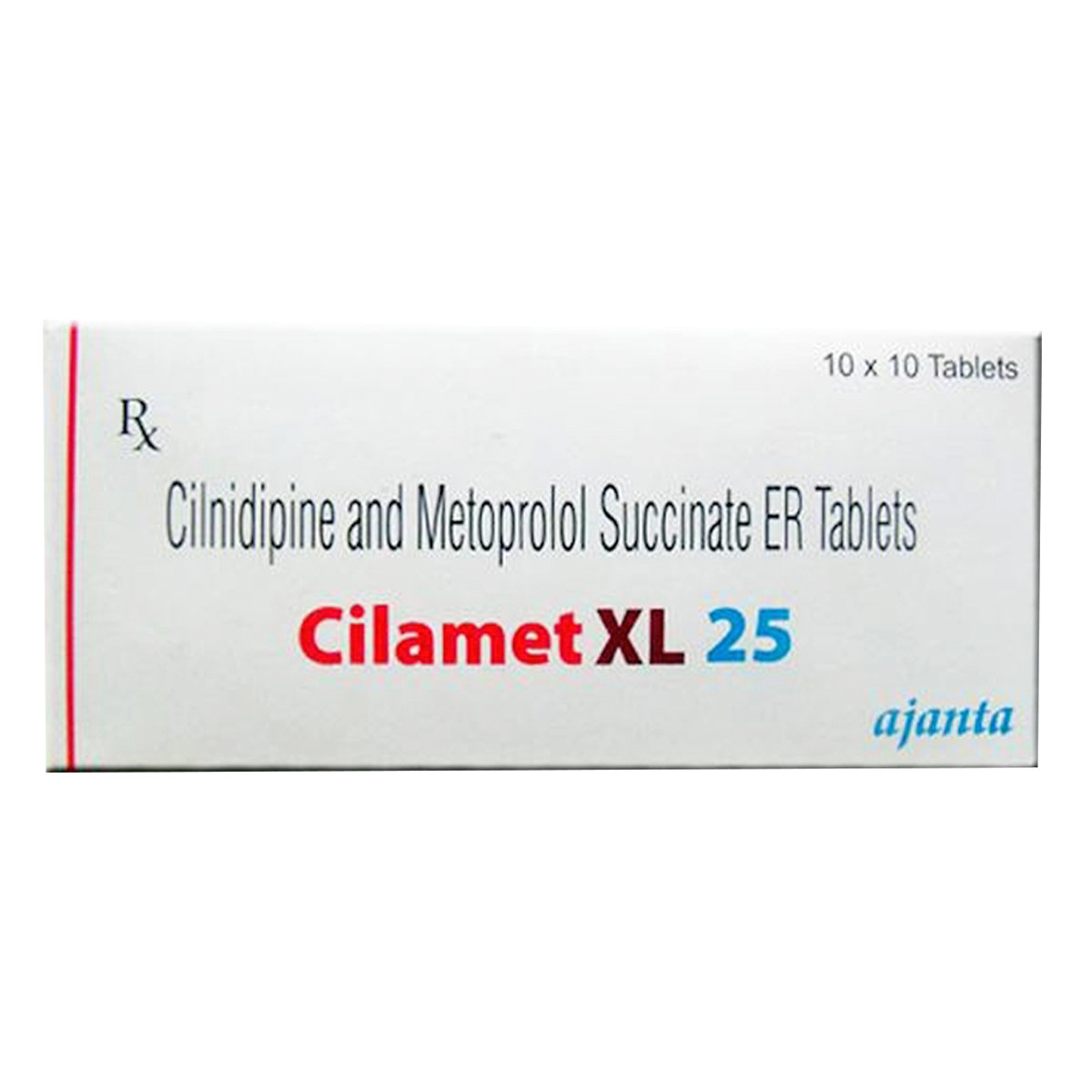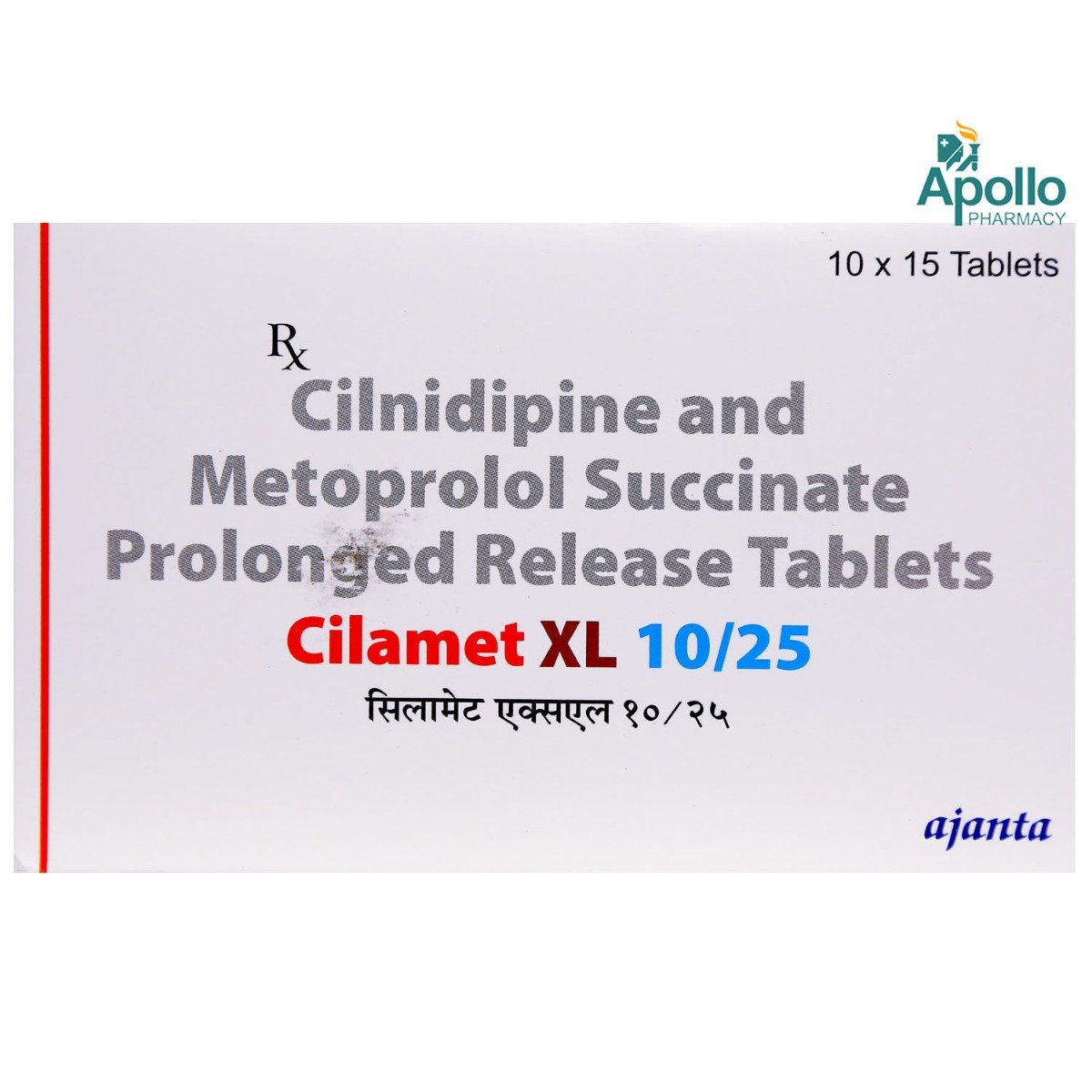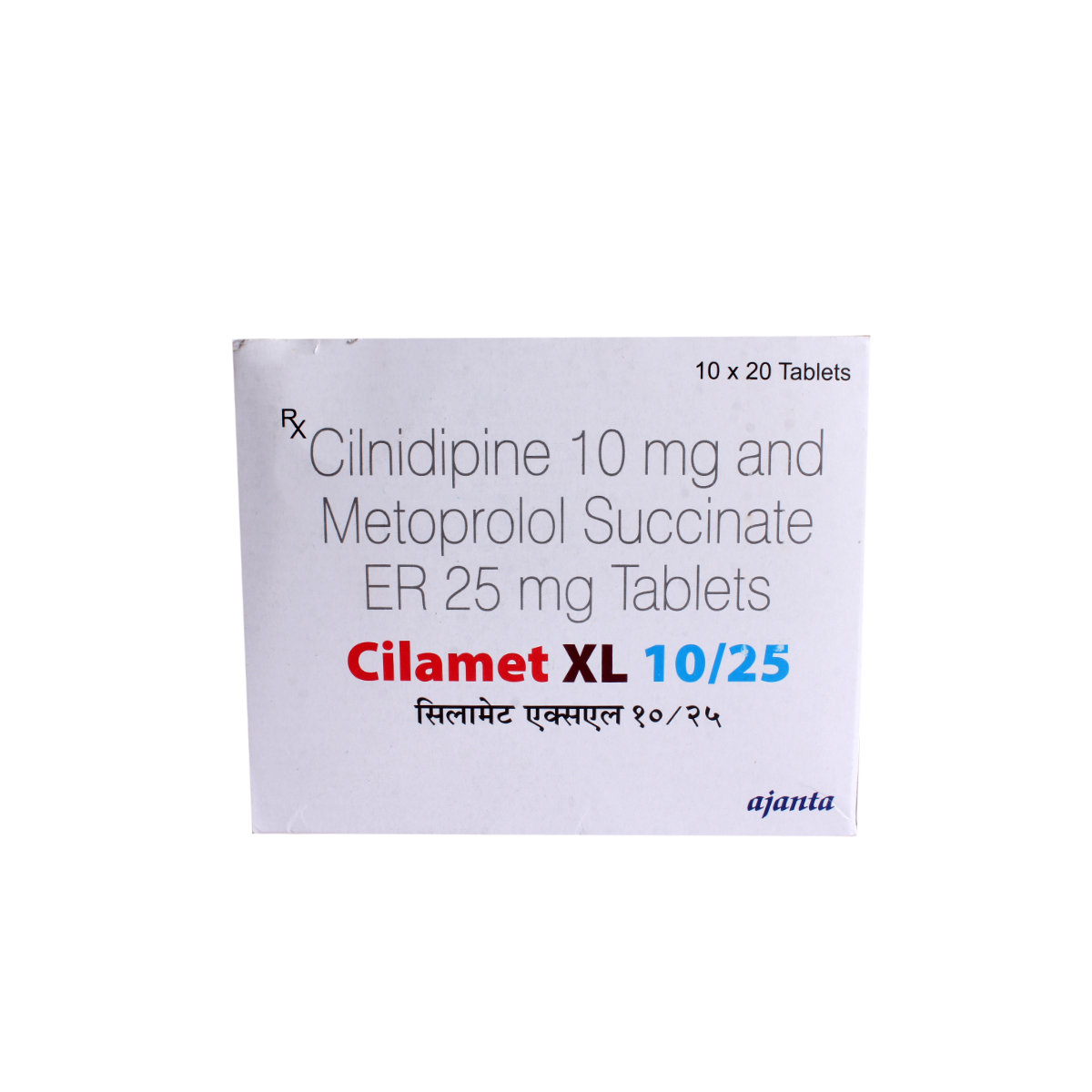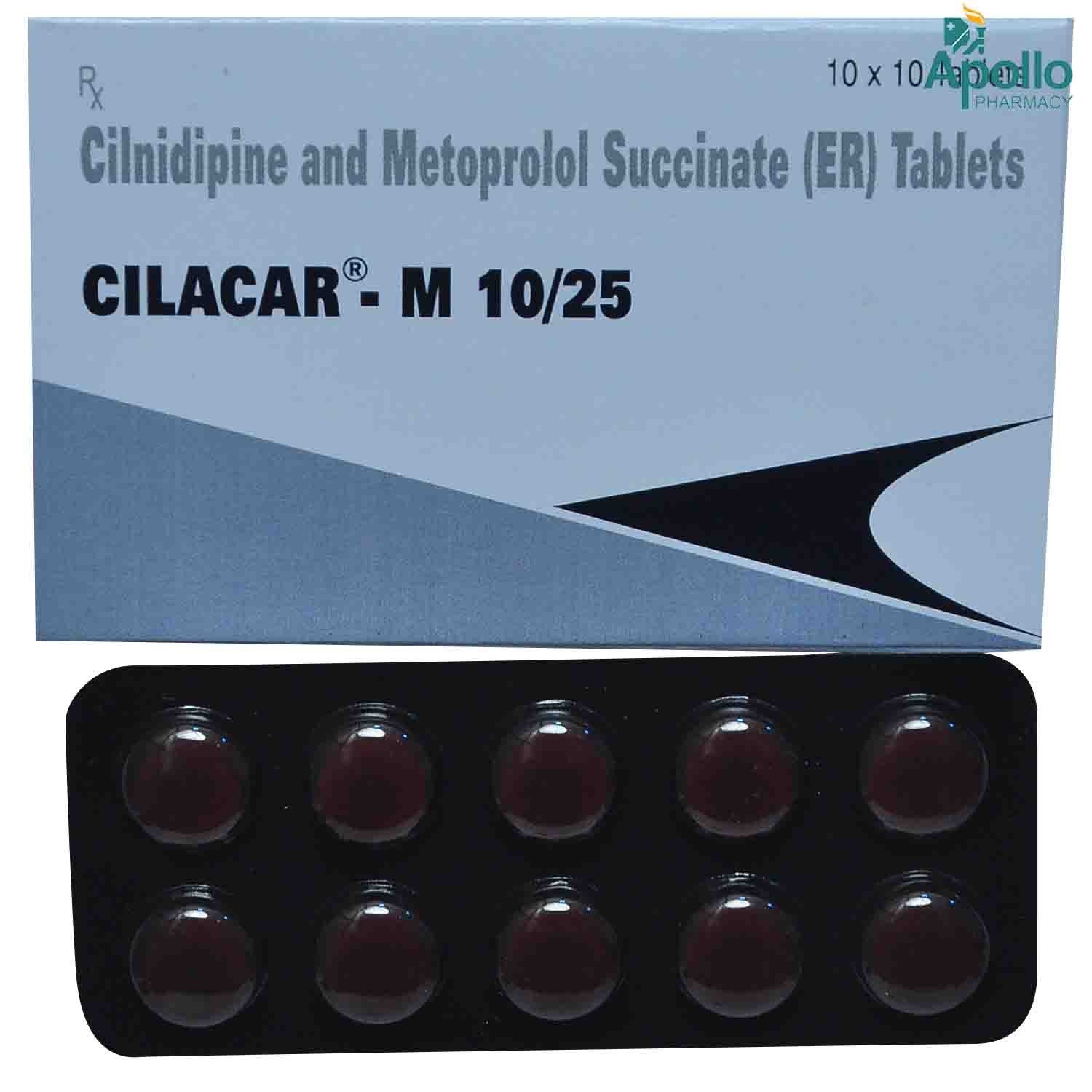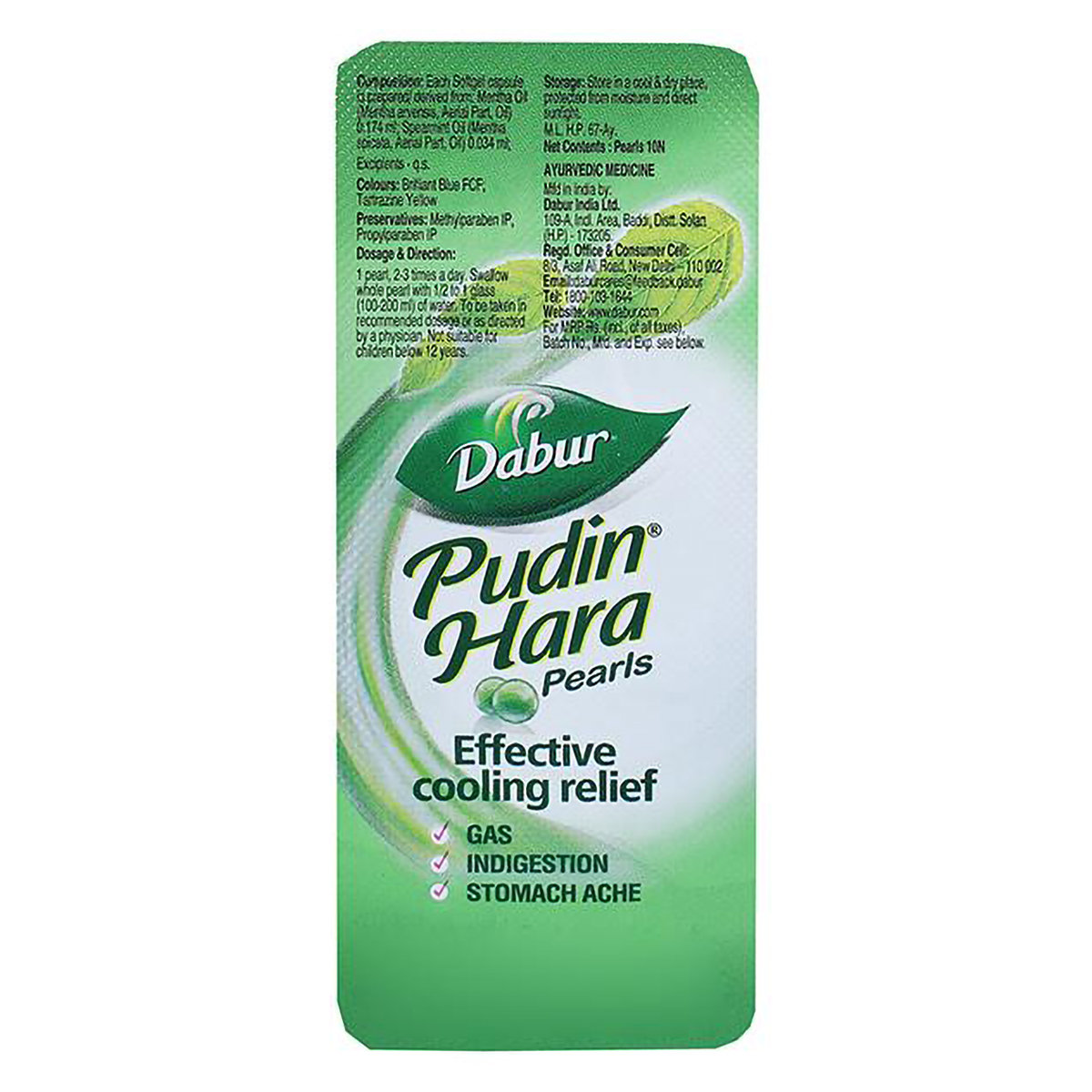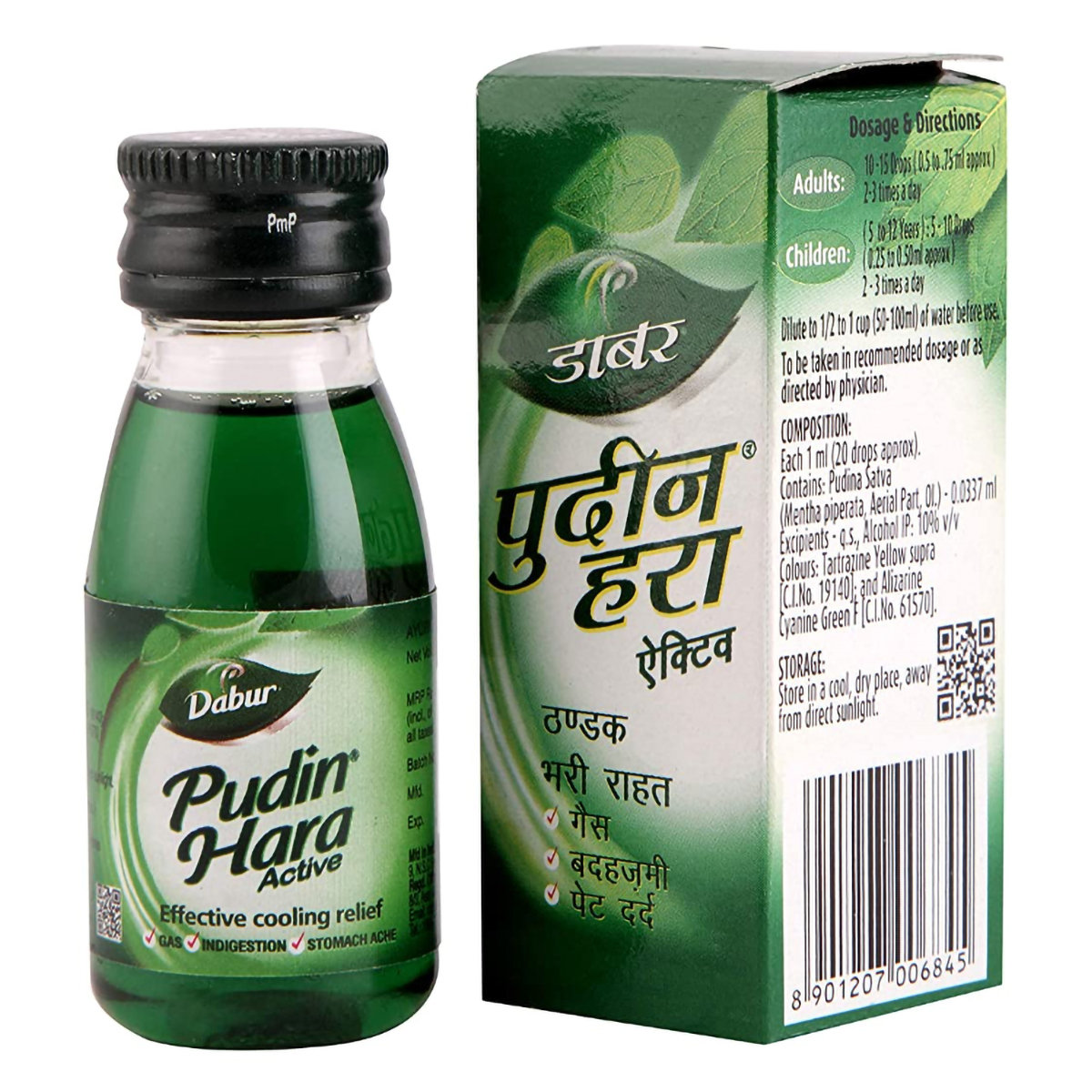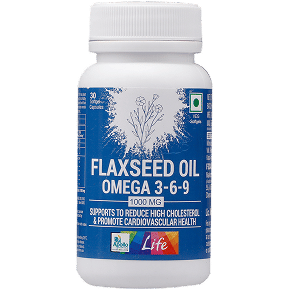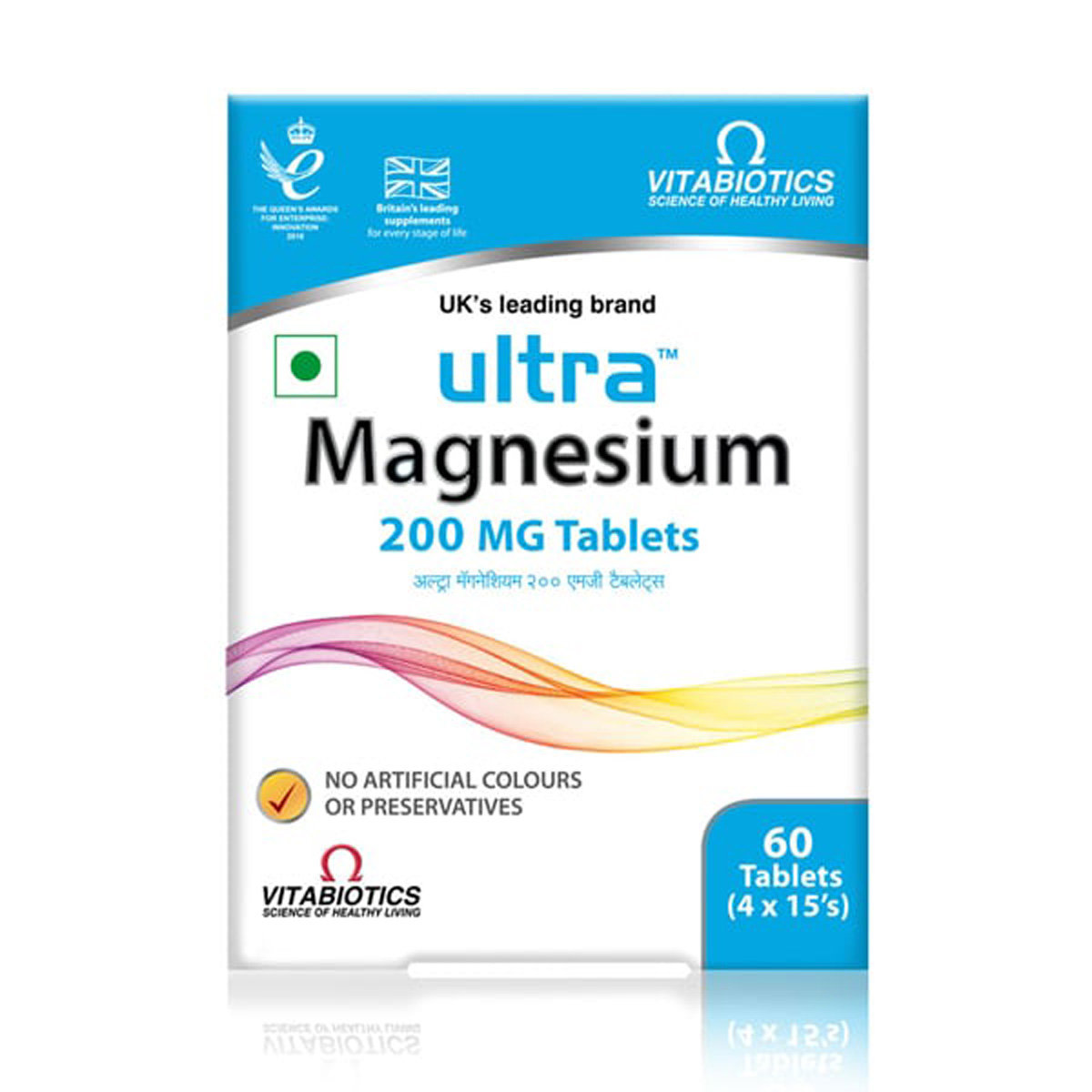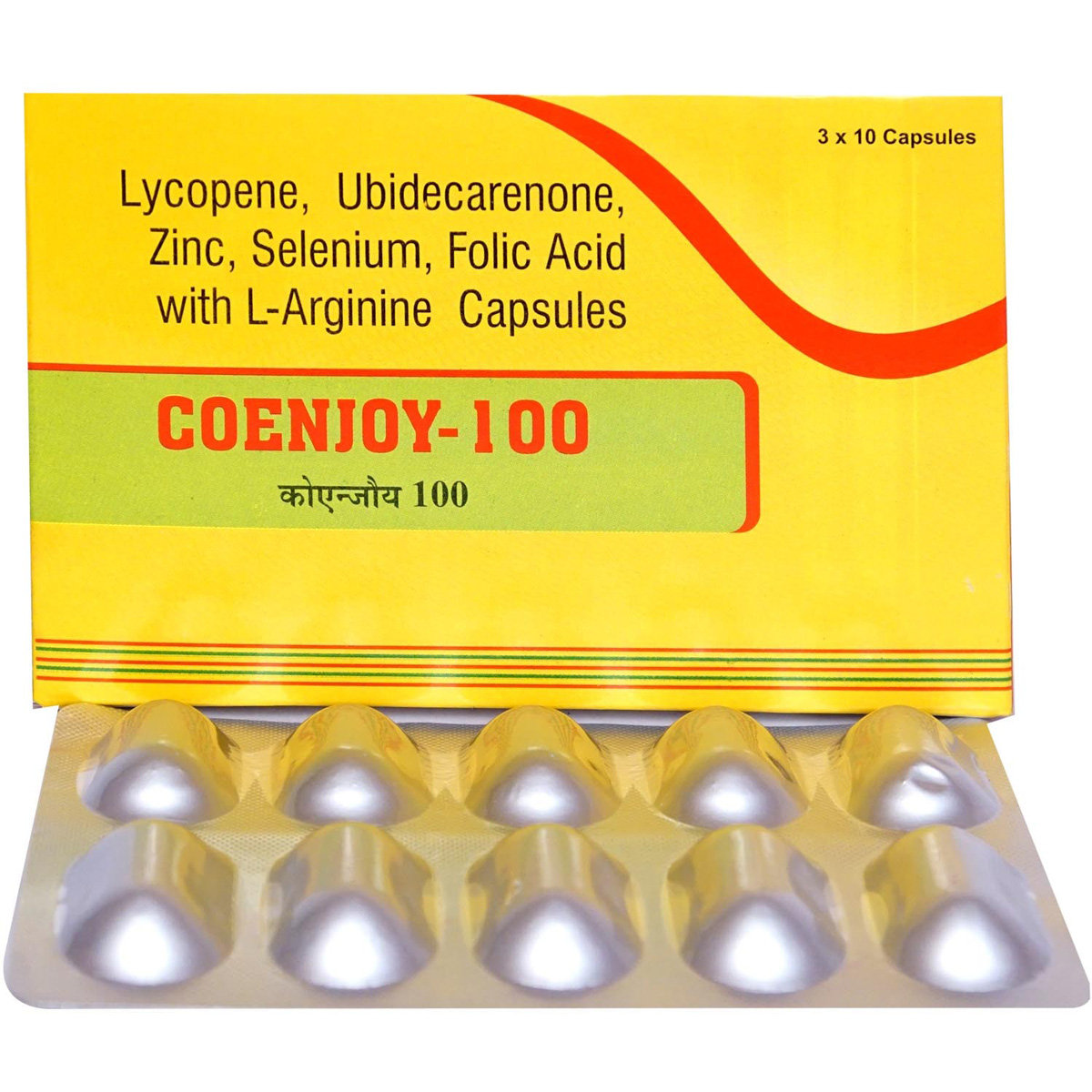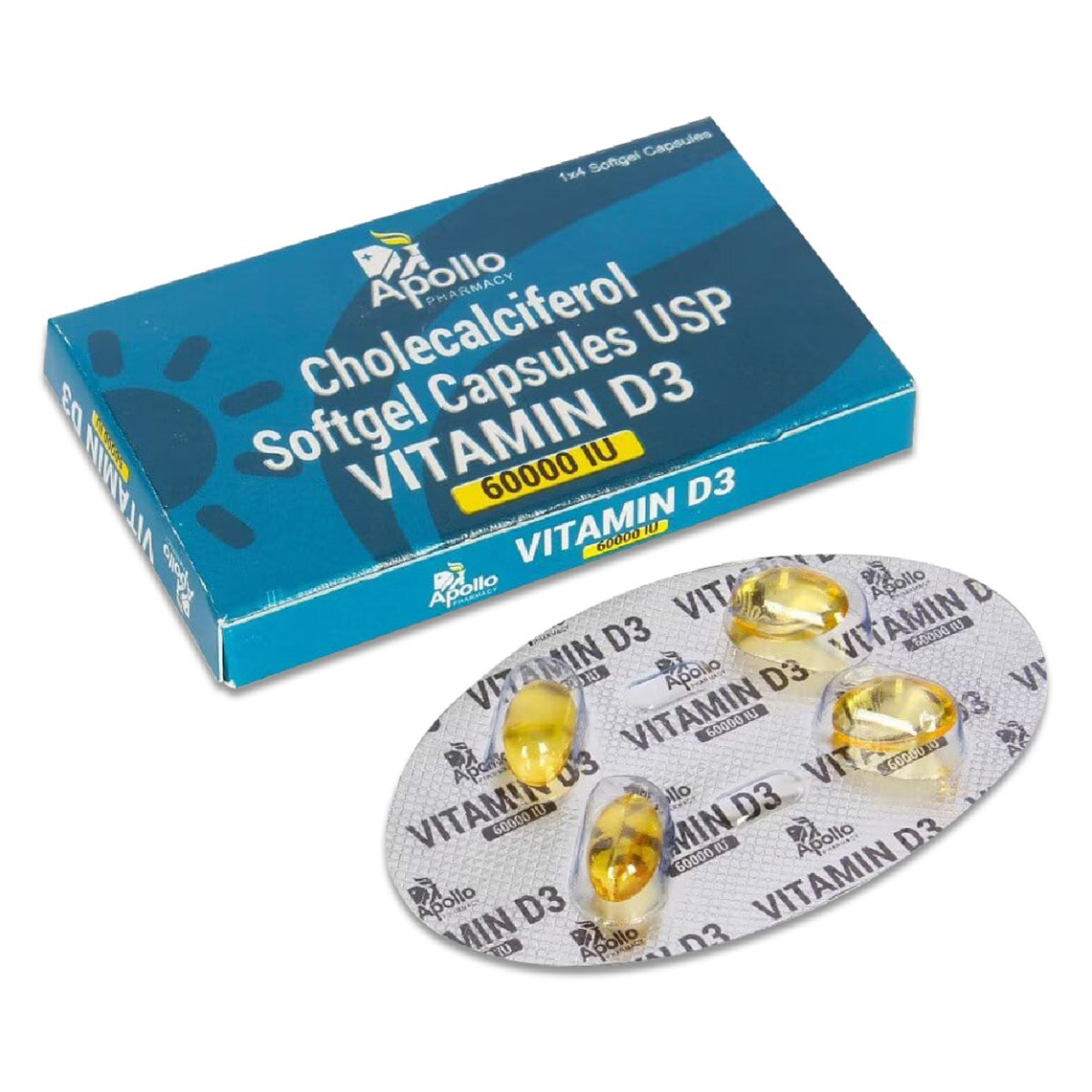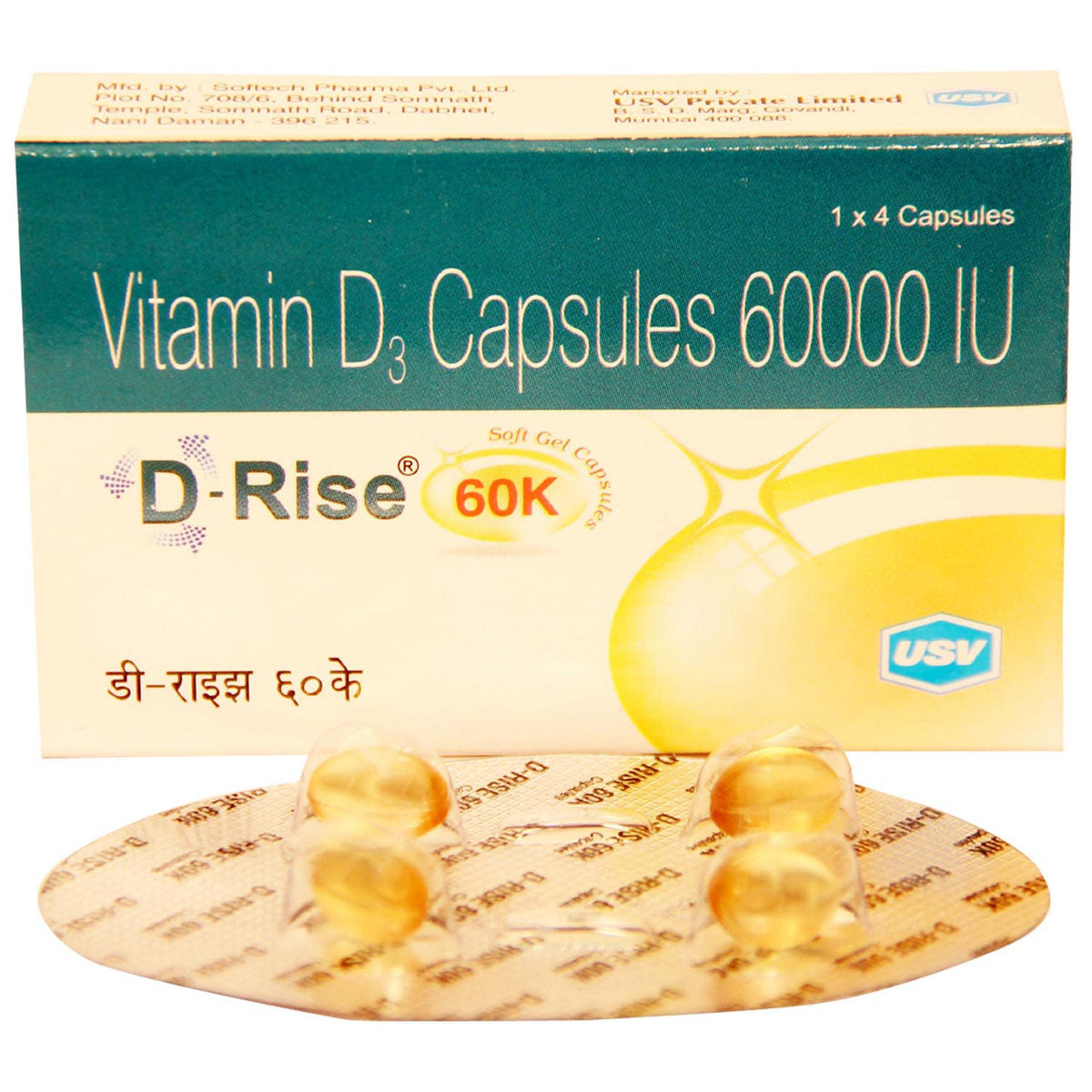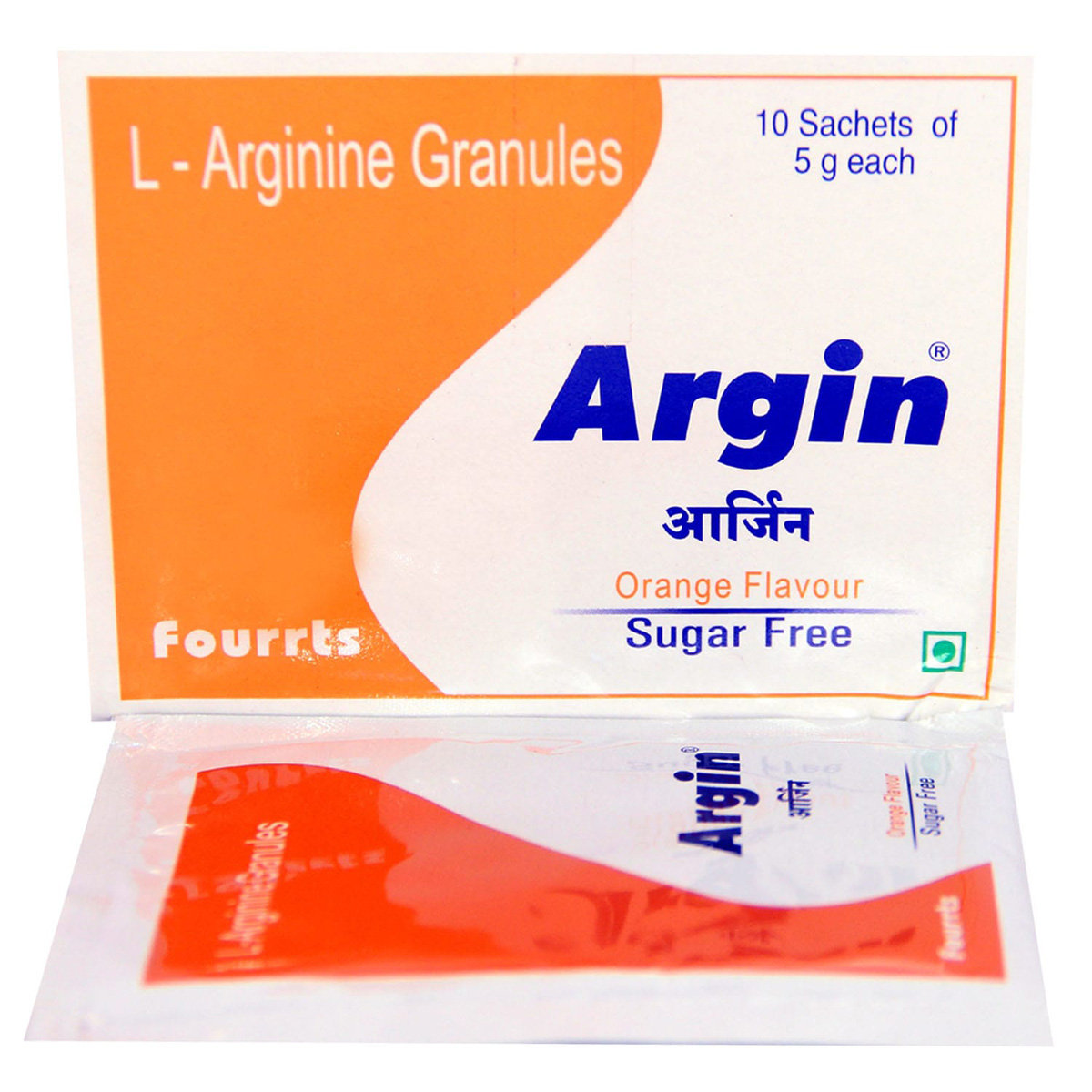Dilnip M 25 mg/10 mg Tablet
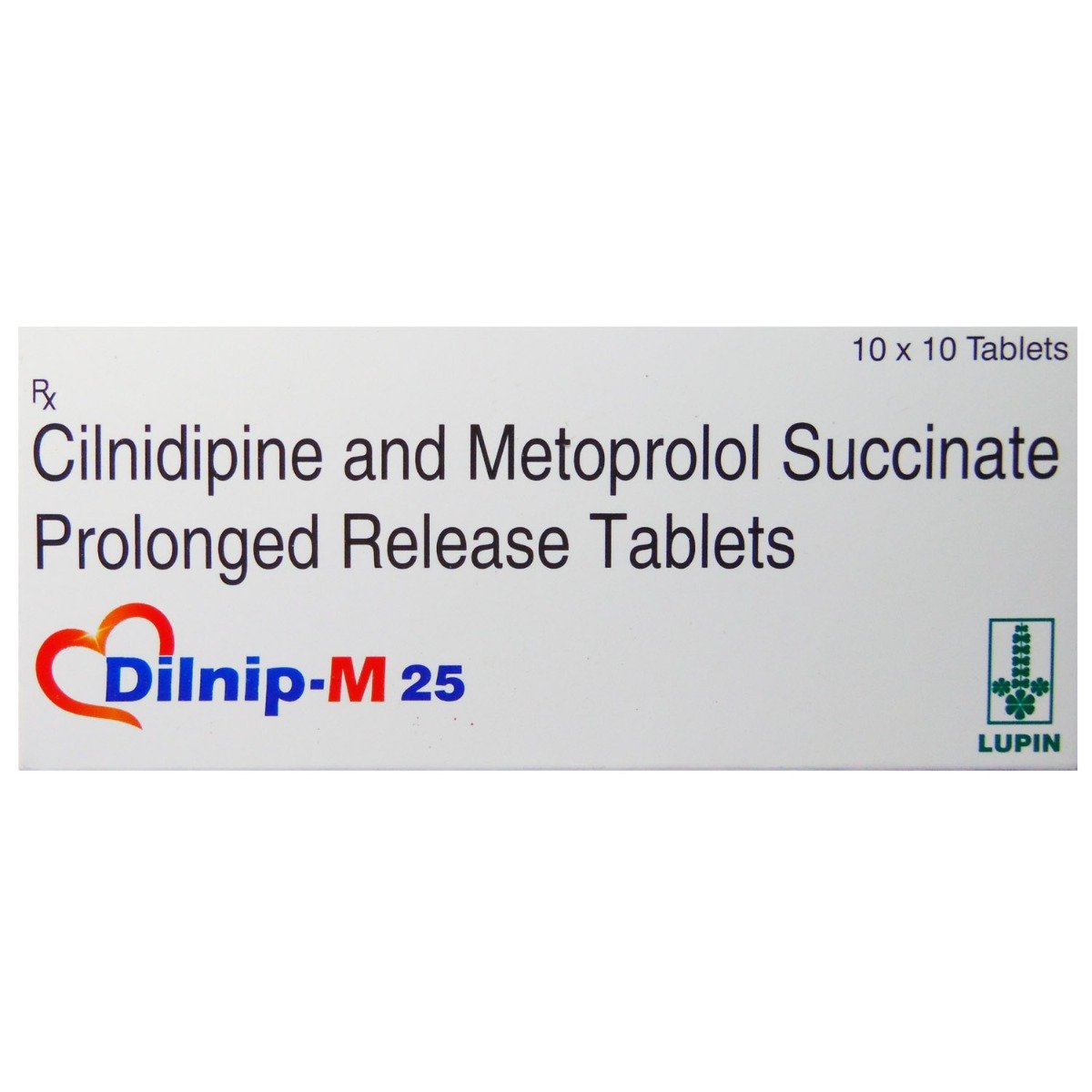
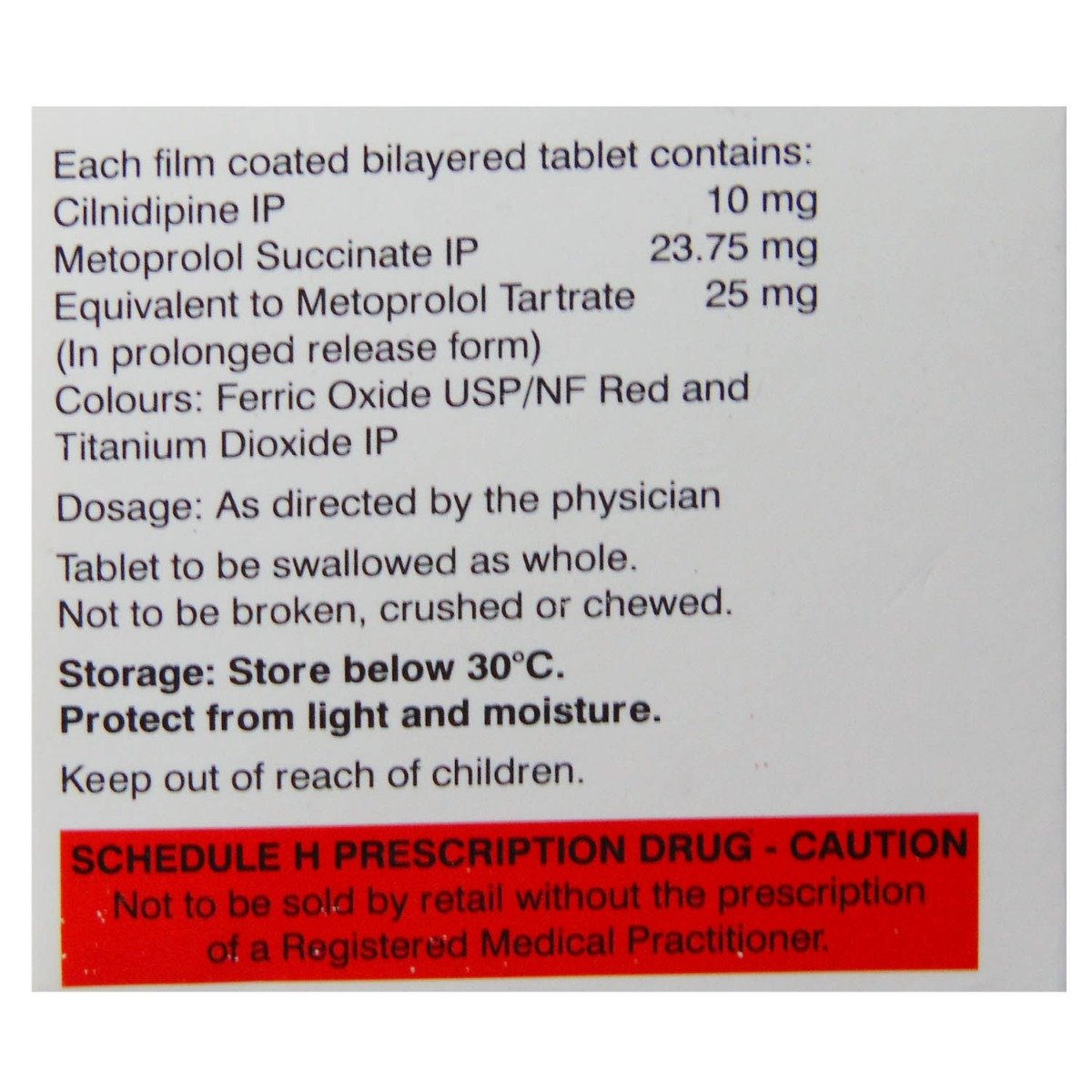
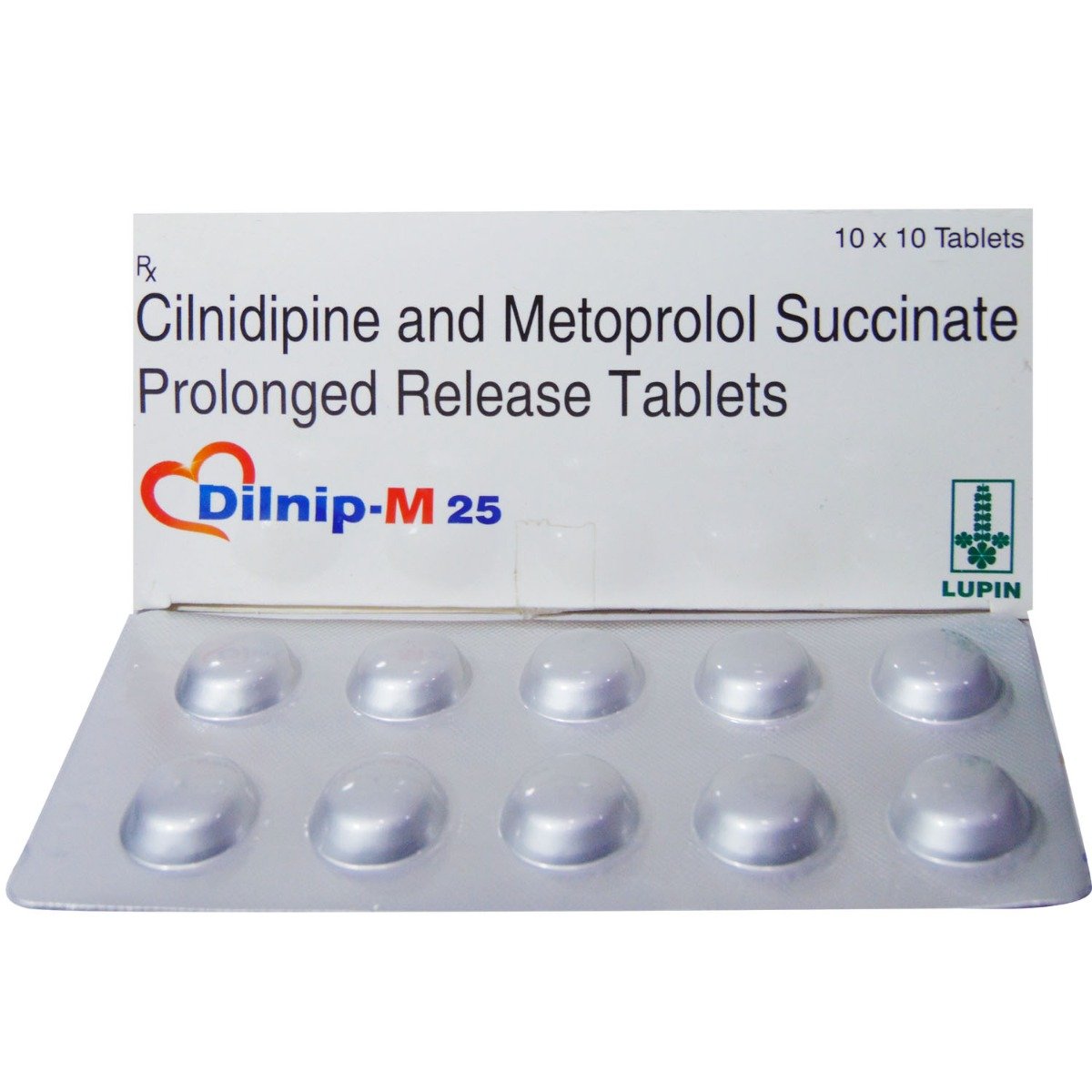
MRP ₹110
(Inclusive of all Taxes)
₹16.5 Cashback (15%)
know your delivery time
Provide Delivery Location
Composition :
Manufacturer/Marketer :
Consume Type :
Expires on or after :
Return Policy :

Secure Payment

Trusted by 8 Crore Indians

Genuine Products
Therapeutic Class
Country of origin
Manufacturer/Marketer address
FAQs
Disclaimer
Alcohol
Safe if prescribed
Drinking alcohol may increase tiredness, lower blood pressure causing dizziness or drowsiness. So avoid its intake with Dilnip M 25 mg/10 mg Tablet .
Pregnancy
Consult your doctor
Dilnip M 25 mg/10 mg Tablet is not recommended during pregnancy unless your doctor considers it essential. Your doctor will weigh the benefits and any potential risks before prescribing it to you.
Breast Feeding
Consult your doctor
Small amounts of Dilnip M 25 mg/10 mg Tablet pass into the breast milk. However, which is not enough to cause any problems for your baby. But still, it is advisable to contact your doctor before breastfeeding your baby.
Driving
Safe if prescribed
Dilnip M 25 mg/10 mg Tablet may cause side effects which could affect your ability to drive. Taking Dilnip M 25 mg/10 mg Tablet may lower your blood pressure.
Liver
Consult your doctor
Dilnip M 25 mg/10 mg Tablet to be taken with caution, especially if you have a history of liver disease. Please consult the doctor, and your doctor may adjust the dose.
Kidney
Consult your doctor
Dilnip M 25 mg/10 mg Tablet to be taken with caution, especially if you have a history of kidney disease like increased creatinine level. Your doctor can adjust the dose.
Children
Safe if prescribed
The safety and effectiveness of Dilnip M 25 mg/10 mg Tablet have not been established in children due to limited testing of this drug on children.
Product Substitutes
About Dilnip M 25 mg/10 mg Tablet
Dilnip M 25 mg/10 mg Tablet contains a combination of anti-hypertensive medication used to treat high blood pressure (hypertension). Dilnip M 25 mg/10 mg Tablet is used when a single medication is ineffective in treating blood pressure. Besides this By lowering blood pressure, also protects the heart from a future heart attack. Hypertension (high blood pressure) is a long-term force of the blood against the arteries that may lead to various heart diseases. High blood pressure adds to the workload of the heart and arteries.
Dilnip M 25 mg/10 mg Tablet contains Metoprolol and Cilnidipine. Metoprolol plays a vital role in relaxing our blood vessels by blocking the action of certain natural substances in your body. It helps slow down the heart rate, making it easier to pump more blood around your body and lower blood pressure. Cilnidipine is a calcium channel blocker that blocks the heart's blood vessel's calcium channel's activities. As a result, the blood vessels widen, and the heart's supply increases, lowering the elevated blood pressure and the heart's workload. Collectively, both help reduces blood pressure and reduce the chance of having any heart attack or stroke in the future.
Dilnip M 25 mg/10 mg Tablet should be taken daily with food to allow its slow absorption and reduce the risk of sudden lowering of blood pressure. Swallow the whole tablet with a glass of water. Dilnip M 25 mg/10 mg Tablet is preferable to take at the same time every day for better results. You may have a common side like feeling dizzy or exhausted, peripheral oedema (swelling of legs/hands), cold hands or feet, difficulty sleeping and nightmares. These side effects are usually mild and short-lived. However, if the side effects are persistent, reach out to your doctor. Monitor your blood pressure regularly. Dilnip M 25 mg/10 mg Tablet should be taken regularly for best results.
Don't stop taking $ name without talking to your doctor first. Stopping Dilnip M 25 mg/10 mg Tablet abruptly may cause changes in your heart rhythm and blood pressure, cause chest pain, or a heart attack. Your doctor will lower your dose gradually over a period of time to help prevent these symptoms. You should not use Dilnip M 25 mg/10 mg Tablet if you have a very slow heartbeat, asthma, serious heart condition (sick sinus syndrome), or any heart blockage. Dilnip M 25 mg/10 mg Tablet should not be given to children less than 12 years of age. Dilnip M 25 mg/10 mg Tablet should be taken with caution in patients with chest pain (angina), kidney disease, low blood sugar level (hypoglycaemia), heart failure, low blood pressure, liver disease, and peripheral oedema (swelling of hands/legs), depression. And also, a healthy diet, regular exercise is necessary to keep blood pressure under control.
Uses of Dilnip M 25 mg/10 mg Tablet
Medicinal Benefits Mweb
Key Benefits
Dilnip M 25 mg/10 mg Tablet contains Metoprolol and Cilnidipine. Metoprolol plays a vital role in relaxing our blood vessels by blocking the action of certain natural substances in your body. It helps slow down the heart rate, making it easier to pump more blood around your body and lower blood pressure. Cilnidipine is a calcium channel blocker that blocks the heart's blood vessel's calcium channel's activities. As a result, the blood vessels widen, and the heart's supply increases, lowering the elevated blood pressure and the heart's workload. Collectively, both help reduces blood pressure and reduce the chance of having any heart attack or stroke in the future.
Directions for Use
Side Effects of Dilnip M 25 mg/10 mg Tablet
- Feeling dizzy or exhausted
- Peripheral oedema (swelling of legs/hands)
- Cold hands or feet
- Difficulty sleeping
- Palpitations
- Nausea
- Nightmares
Drug Warnings
Don't stop taking Dilnip M 25 mg/10 mg Tablet without talking to your doctor first. Stopping Dilnip M 25 mg/10 mg Tablet abruptly may cause changes in your heart rhythm and blood pressure, chest pain, or a heart attack. Your doctor will gradually lower your dose over time to help prevent these symptoms. You should not use the Dilnip M 25 mg/10 mg Tablet if you have a very slow heartbeat, serious lung condition (like asthma), serious heart condition (sick sinus syndrome) or any heart blockage. It should not be given to children less than 12 years of age. Before taking Dilnip M 25 mg/10 mg Tablet , you should tell the doctor if you have any muscle disorder (myasthenia gravis, rhabdomyolysis), breathing problems (COPD, bronchitis, emphysema), low blood sugar level (hypoglycemia), low blood pressure (hypotension), depression, previous heart failure, liver/kidney disease, thyroid hormone disorder like overactive thyroid (hyperthyroidism), adrenal gland cancer, or severe blood circulation problem (Raynaud’s syndrome). Dilnip M 25 mg/10 mg Tablet should be taken with caution in patients with chest pain (angina), congestive heart failure, liver disease, and peripheral oedema (swelling of hands/legs). You should monitor your blood pressure regularly to ensure the Dilnip M 25 mg/10 mg Tablet works efficiently. Besides this, prolonged intake of Dilnip M 25 mg/10 mg Tablet can lower blood pressure (hypotension). So, daily monitoring of blood pressure is advisable.
Drug-Drug Interactions
Drug-Drug Interactions
Login/Sign Up
Taking ceritinib together with Dilnip M 25 mg/10 mg Tablet can slow your heart rate and increase the risk of an irregular heart rhythm.
How to manage the interaction:
Although there is a interaction between Dilnip M 25 mg/10 mg Tablet and Ceritinib, but they can be taken together if your doctor has prescribed them. However, consult your doctor immediately if you experience any dizziness, lightheadedness, fainting, or irregular heartbeat. Do not discontinue any medications without consulting a doctor.
Coadministration of Dilnip M 25 mg/10 mg Tablet with Verapamil may lead to increased side effects.
How to manage the interaction:
Although there may be an interaction, Dilnip M 25 mg/10 mg Tablet can be taken with Verapamil if prescribed by the doctor. Consult a prescriber if you experience fatigue, headache, fainting, swelling of the extremities, weight gain, shortness of breath, chest pain, increased or decreased heartbeat, or irregular heartbeat. Do not discontinue any medications without a doctor's advice.
Coadministration of Aminophylline with Dilnip M 25 mg/10 mg Tablet together can make Dilnip M 25 mg/10 mg Tablet less effective and increase the effects of aminophylline.
How to manage the interaction:
Taking Aminophylline with Dilnip M 25 mg/10 mg Tablet may lead to an interaction, it can be taken only if a doctor has advised it. If you experience nausea, vomiting, sleeplessness, restlessness, irregular heartbeats, or difficulty in breathing, contact a doctor immediately. Do not discontinue any medications without consulting a doctor.
Coadministration of Acebutolol with Dilnip M 25 mg/10 mg Tablet can cause abnormal heart rhythm.
How to manage the interaction:
Taking Dilnip M 25 mg/10 mg Tablet and Acebutolol together can possibly result in an interaction, it can be taken if your doctor has advised it. However, if you experience blurry vision, confusion, dizziness, fainting, lightheadedness, nausea or vomiting, contact your doctor immediately. Do not discontinue any medications without consulting a doctor.
Co-administration of Clonidine and Dilnip M 25 mg/10 mg Tablet may lower blood pressure and slow the heart rate.
How to manage the interaction:
Although there is a possible interaction between Clonidine and Dilnip M 25 mg/10 mg Tablet, you can take these medicines together if prescribed by your doctor. However, if you experience headaches, slow heartbeat, dizziness, or feeling like you might pass out, contact your doctor. Do not stop using any medications without first talking to your doctor.
Coadministration of Dilnip M 25 mg/10 mg Tablet and Tizanidine may reduce the efficiency of Dilnip M 25 mg/10 mg Tablet.
How to manage the interaction:
Taking Dilnip M 25 mg/10 mg Tablet and Tizanidine together can possibly result in an interaction, it can be taken if your doctor has advised it. However, if you experience blurry vision, confusion, dizziness, fainting, lightheadedness, nausea or vomiting, contact your doctor immediately. do not discontinue any medications without talking to your doctor.
Using Dilnip M 25 mg/10 mg Tablet and Saquinavir can increase the risk of an irregular heart rhythm.
How to manage the interaction:
There may be a possible interaction between Dilnip M 25 mg/10 mg Tablet and Saquinavir, but they can be taken together if your doctor has prescribed them. However, consult a doctor immediately if you experience dizziness, lightheadedness, fainting, slow pulse, or irregular heartbeat. Do not discontinue any medications without consulting a doctor.
Both Dilnip M 25 mg/10 mg Tablet and Artemether may increase the blood levels and effects of Dilnip M 25 mg/10 mg Tablet activity.
How to manage the interaction:
Taking Dilnip M 25 mg/10 mg Tablet and Artemether together can possibly result in an interaction, it can be taken if your doctor has advised it. However, if you experience blurry vision, confusion, dizziness, fainting, lightheadedness, nausea or vomiting, contact a doctor immediately. Do not discontinue any medications without consulting a doctor.
Use of Dilnip M 25 mg/10 mg Tablet with Atazanavir may increase the risk of an irregular heart rhythm.
How to manage the interaction:
Although there may be an interaction between Dilnip M 25 mg/10 mg Tablet and Atazanavir, it can be taken if prescribed by the doctor. Consult the doctor if you experience dizziness, lightheadedness, fainting, or irregular heartbeat, contact your doctor immediately. Do not discontinue any medications without consulting a doctor.
Coadministration of Dilnip M 25 mg/10 mg Tablet with Diltiazem can increase the side effects.
How to manage the interaction:
Although there is a possible interaction between Dilnip M 25 mg/10 mg Tablet and Diltiazem, you can take these medicines together if prescribed by your doctor. Consult your doctor immediately if you experience fatigue, headache, fainting, swelling of the extremities, weight gain, shortness of breath, chest pain, increased or decreased heartbeat, or irregular heartbeat. Do not discontinue any medications without consulting a doctor.
Drug-Food Interactions
Drug-Food Interactions
Login/Sign Up
Drug-Diseases Interactions
Drug-Diseases Interactions
Login/Sign Up
Drug-Drug Interactions Checker List
- ACEBUTOLOL
- ATENOLOL
- BISOPROLOL
- NADOLOL
- NEBIVOLOL
- DILTIAZEM
- PRAZOSIN
- TERAZOSIN
- THEOPHYLLINE
- AMINOPHYLLINE
- DIPYRIDAMOLE
- RIFAMPICIN
- ERYTHROMYCIN
- AMIODARONE
- PROCAINAMIDE
- DIGOXIN
- LIDOCAINE
Habit Forming
Special Advise
- Regularly monitor blood pressure levels to prevent low blood pressure.
Diet & Lifestyle Advise
- Create a well-balanced and healthy diet that includes vegetables, fruits, whole grains, legumes, omega-3-rich foods, and lean protein sources.
- Keep your weight under control with a BMI of 19.5-24.9.
- Avoid chronic stress as it can raise your blood pressure.
- Spend time with your loved ones to cope with stress and practice mindfulness techniques.
- Be mindful of salt; consume no more than 2,300 mg each day.
- Limit or avoid alcohol consumption.
- Quitting smoking is the best strategy to lower the risk of heart disease.
All Substitutes & Brand Comparisons
RX
Cilmikaa M 25 Tablet 10's
Troikaa Pharmaceuticals Ltd
₹79
(₹7.11 per unit)
28% CHEAPERRX
Cilarise Mt 25 Tablet 10's
Eswar Therapeutics Pvt Ltd
₹79.5
(₹7.16 per unit)
27% CHEAPERRX
Cilory M 25 mg Tablet 10's
Med Manor Organics Pvt Ltd
₹89
(₹8.01 per unit)
19% CHEAPER

Have a query?
Buy best Cardiology products by
Torrent Pharmaceuticals Ltd
Sun Pharmaceutical Industries Ltd
Lupin Ltd
Intas Pharmaceuticals Ltd
Cipla Ltd
Micro Labs Ltd
Macleods Pharmaceuticals Ltd
Abbott India Ltd
Ajanta Pharma Ltd
Ipca Laboratories Ltd
Eris Life Sciences Ltd
Mankind Pharma Pvt Ltd
Lloyd Healthcare Pvt Ltd
Dr Reddy's Laboratories Ltd
Glenmark Pharmaceuticals Ltd
Emcure Pharmaceuticals Ltd
Alembic Pharmaceuticals Ltd
Alkem Laboratories Ltd
East West Pharma India Pvt Ltd
USV Pvt Ltd
Zydus Healthcare Ltd
Aristo Pharmaceuticals Pvt Ltd
Elbrit Life Sciences Pvt Ltd
J B Chemicals & Pharmaceuticals Ltd
Zydus Cadila
Akumentis Healthcare Ltd
Alteus Biogenics Pvt Ltd
Hbc Life Sciences Pvt Ltd
Fusion Health Care Pvt Ltd
Troikaa Pharmaceuticals Ltd
La Renon Healthcare Pvt Ltd
Corona Remedies Pvt Ltd
Jubilant Lifesciences Ltd
Medley Pharmaceuticals Ltd
Knoll Healthcare Pvt Ltd
Msn Laboratories Pvt Ltd
Zuventus Healthcare Ltd
Cadila Pharmaceuticals Ltd
Blue Cross Laboratories Pvt Ltd
Lividus Pharmaceuticals Pvt Ltd
Morepen Laboratories Ltd
Ranmarc Labs
Shrrishti Health Care Products Pvt Ltd
Sanofi India Ltd
Steris Healthcare
Elder Pharmaceuticals Ltd
Primus Remedies Pvt Ltd
Unison Pharmaceuticals Pvt Ltd
Eswar Therapeutics Pvt Ltd
Knoll Pharmaceuticals Ltd
Tas Med India Pvt Ltd
Systopic Laboratories Pvt Ltd
Indiabulls Pharmaceuticals Pvt Ltd
Leeford Healthcare Ltd
Sinsan Pharmaceuticals Pvt Ltd
Biochem Pharmaceutical Industries Ltd
Cadila Healthcare Ltd
Azkka Pharmaceuticals Pvt Ltd
Nirvana India Pvt Ltd
Orsim Pharma
Prevego Healthcare & Research Pvt Ltd
Econ Healthcare
Elinor Pharmaceuticals (P) Ltd
FDC Ltd
Sunij Pharma Pvt Ltd
Nicholas Piramal India Ltd
Astra Zeneca Pharma India Ltd
Pfizer Ltd
Lia Life Sciences Pvt Ltd
Shine Pharmaceuticals Ltd
Elicad Pharmaceuticals Pvt Ltd
Indoco Remedies Ltd
Proqol Health Care Pvt Ltd
Vasu Organics Pvt Ltd
Biocon Ltd
Opsis Care Lifesciences Pvt Ltd
Johnlee Pharmaceuticals Pvt Ltd
Merck Ltd
Wockhardt Ltd
Auspharma Pvt Ltd
Ergos Life Sciences Pvt Ltd
Lakshya Life Sciences Pvt Ltd
Ordain Health Care Global Pvt Ltd
Pficus De Med Pvt Ltd
ALICAN PHARMACEUTICAL PVT LTD
RPG Life Sciences Ltd
Glynis Pharmaceuticals Pvt Ltd
Orris Pharmaceuticals
Samarth Life Sciences Pvt Ltd
Aprica Pharmaceuticals Pvt Ltd
Aretaeus Pharmaceuticals Pvt Ltd
Koye Pharmaceuticals Pvt Ltd
Neocardiab Care
Retra Life Science Pvt Ltd
Alniche Life Sciences Pvt Ltd
Alvio Pharmaceuticals Pvt Ltd
Arkas Pharma Pvt Ltd
Atos Lifesciences Pvt Ltd
Divine Savior Pvt Ltd
Metalis Lifesciences Pvt Ltd
Frequently Bought Together
Customers Also Bought
Recommended for a 30-day course: 3 Strips


